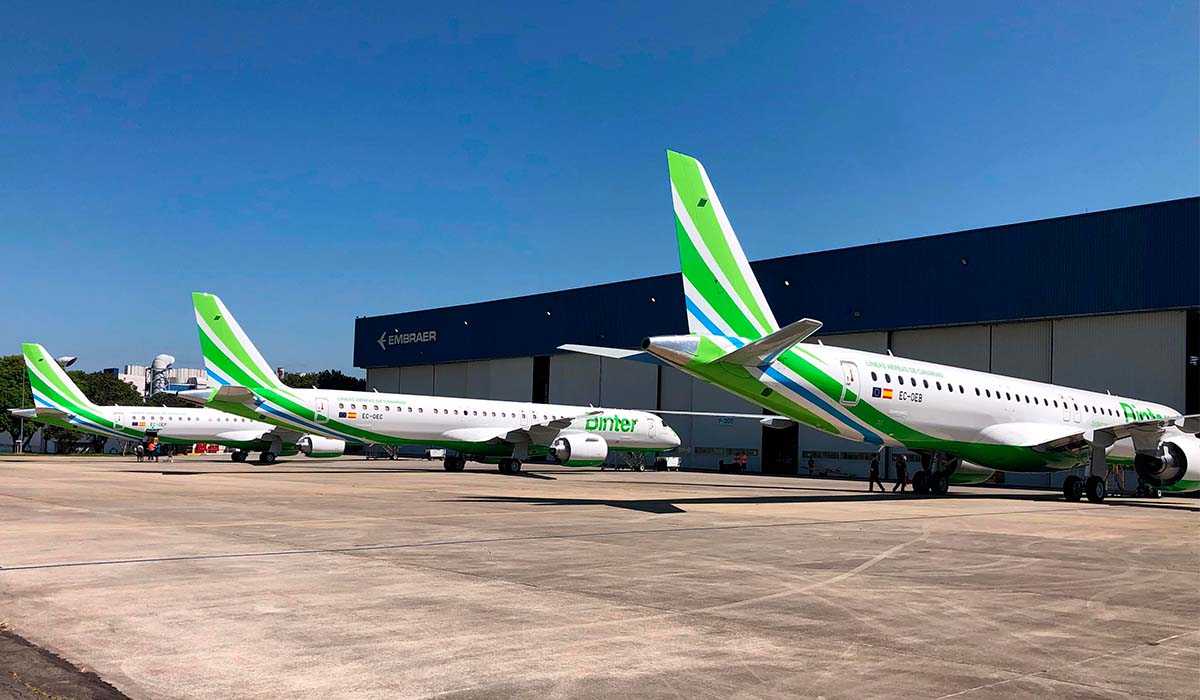The professionals who took part in the 1st Canary Islands Telework Fair, which was attended by more than 150 participants, consider remote work as a “great alternative” to the high rate of youth unemployment on the islands. According to the organisers, the event was promoted by Thriving Nomads together with Talleres Palermo, La Casita de Laura and Localbird, and sponsored by Repeople.
The Conference was created with the aim of inspiring attendees to join this work movement and benefit from a location-independent lifestyle that can help combat unemployment and the brain drain. For them, the participants of this forum were able to get an insight into the world of remote working through talks, workshops and panel discussions, and especially through the corridor conversations that were generated pre- and post-event.
Here, the co-organiser of this first fair, Joao Mendes, recalled that “the Canary Islands have an unemployment rate of 36.42% in the under 25s, 6 points above the national average. We understand that in this situation many are forced to look for opportunities outside the Islands. Working remotely can be a very interesting option”.
He also added that “the Canary Islands have become a real point of attraction for remote workers from all over the world, which is an opportunity that few destinations can take advantage of to help the local community”.
One of the talks that aroused most interest was given by María Naranjo, an employment coach from Evoluciona Coaching, who gave advice on how to prepare for a remote job interview, how to cope with this new lifestyle and the skills needed to adopt this way of working.
Meanwhile, Bruno Ramírez, the advisor of Fiscal Tax Canarie, pointed out in his talk on the taxes that a teleworker residing in the Islands must declare that “it is essential to identify the tax situation, optimise it and take advantage of the tax incentives established in the regulations”.
He also commented on important aspects for these professionals such as tax residency, the Personal Income Tax Law, the Beckham Law and the recent Startups Law. In the specific case of the Canary Islands, he wanted to highlight some figures that should be taken into account such as the Economic and Fiscal Regime of the Canary Islands, the Investment Reserve or the Canary Islands Special Zone.
How to optimise the Linkedln profile to attract the attention of companies that are relocated or are looking for professionals regardless of their geographical location, was the topic offered by Juan José Mateo, an expert copywriter.
“If we take into account that 90% of recruiters use LK to look for new employees or that 87% use it as a filter to select candidates, it seems obvious that we should pamper this network”, he pointed out. Finally, as a complement to this talk, Magdalena Mosler, a professional photographer, advised them on what kind of image to use in this professional network of contacts.






